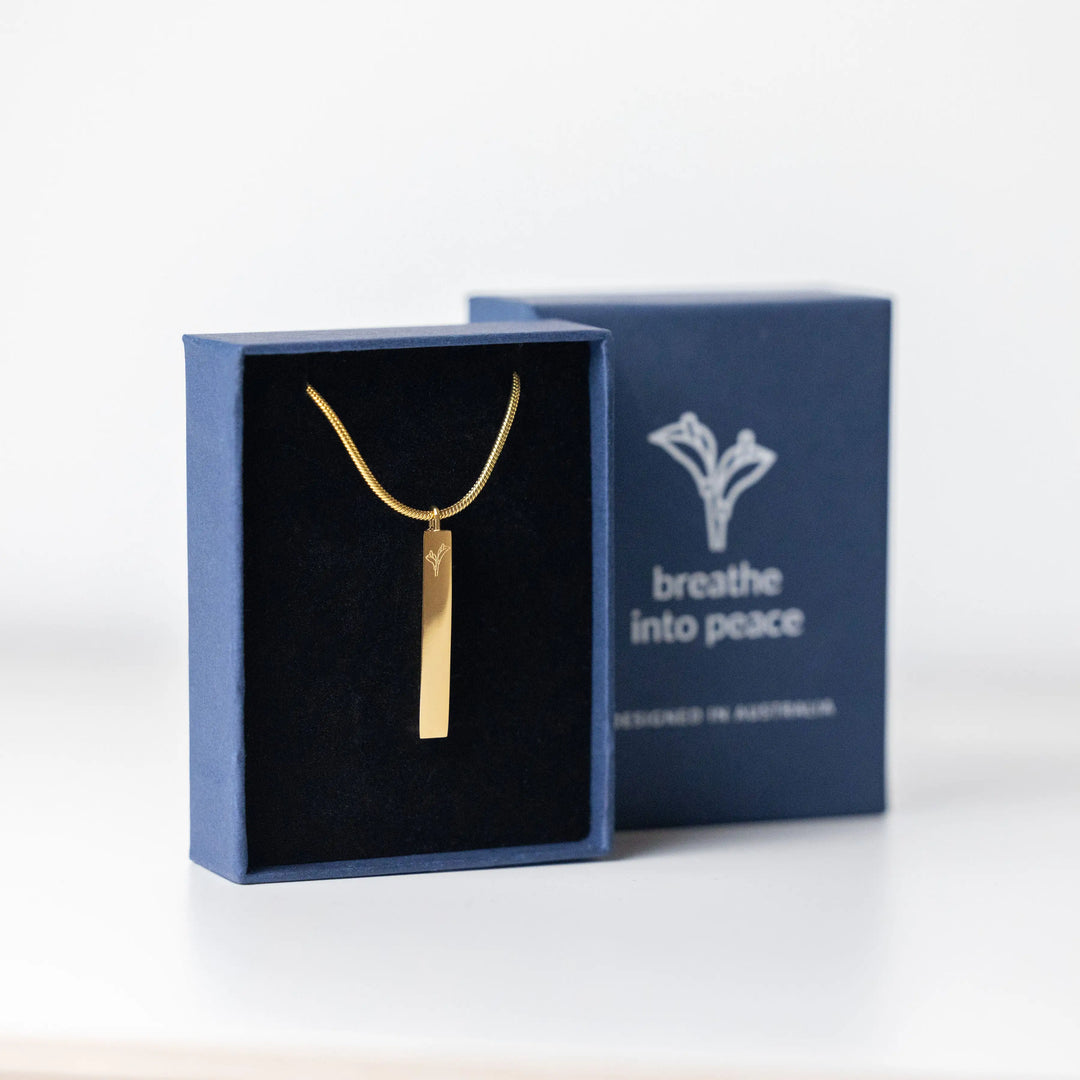Nervous System Wellness at Work: What You Need to Know to Optimise It to the Fullest
Understanding the Nervous System | Signs of Nervous System Overload | Strategies to Improve Your Nervous System Wellness | Final Word
Life can be incredibly exhausting sometimes with most people trying to balance work and personal time. Amid the swift pace of our workdays, the gentle cues from our bodies can easily face into the background. It can be overshadowed by pressing deadlines, back-to-back meetings, and the relentless flow of digital communication.
Unbeknownst to many, the relentless tide of daily stress in our work subtly erodes our nervous system and diminishes our inner calm. This makes it important to nourish our nervous system wellness, ensuring that we safeguard our well-being amidst professional pressures.
Understanding the Nervous System
Our nervous system is the silent conductor of our body’s orchestra, seamlessly coordinating our movements, thoughts, and reactions. When faced with stress, it cues the body into entering the fight, flight, or freeze response. This constant state of alertness can be exhausting, placing you closer and closer to a massive burnout.
Signs of Nervous System Overload at Work
In our journey towards cultivating serenity within the workplace, it’s important to recognize the signals that our body sends when under strain. Here are some key indicates of nervous system overload at work:
Persistent Fatigue
Despite adequate rest, you find yourself constantly tired and struggling to muster the energy for daily tasks. This isn’t just the usual end-of-day weariness but a deep, pervasive exhaustion that doesn’t seem to lift even after a weekend or a short break.
Difficulty Concentrating
Tasks that once seem straightforward now require more effort and maintaining focus becomes a challenge. You might notice your mind wandering more frequently or that you’re more easily distracted by external stimuli.
Heightened Irritability
Minor inconveniences or normal workplace interactions may trigger disproportionate irritation or frustration. This heightened sensitivity can strain professional relationships and contribute to a tense work environment.
Physical Symptoms
Manifestations such as headaches, muscle tension, or digestive issues without clear physical cause point toward stress-related origins. These symptoms are your body’s way of signaling that it’s under duress and needs attention.
Emotional Volatility
Experiencing sudden swings in emotions or feeling overwhelmed might indicate an overtaxed nervous system. You may find yourself on the verge of tears over small issues or unexpectedly angry at minor annoyances.
Sleep Disturbances
Difficulty falling asleep, staying asleep, or experiencing unrestful sleep can be a sign that your nervous system is struggling to find its balance. This can create a vicious cycle where the lack of sleep worsens the stress, leading to more disturbed sleep.
Decreased Immunity
Finding yourself catching colds or infections more frequently could suggest that stress is compromising your immune response. It has been well documented that consistent stress weakens the immune system, making the body prone to the cold and flu.
Reliance on Unhealthy Coping Mechanisms
Increasing dependence on substances like caffeine, alcohol, or comfort foods as a means to manage stress signals an underlying issue. These temporary fixes might offer short-term relief but can lead to long-term health problems.
Uncaring for Hygiene
An often overlooked sign of nervous system overload is a diminishing interest in personal hygiene and grooming. This can manifest as skipping hours, wearing the same clothes for days, or a general disinterest in appearance. This shows a lack of energy and motivation stemming from chronic stress.
Strategies to Improve Your Nervous System Wellness
The good news is that there are coping mechanisms that can help soothe your frazzled nerves - even while at work. Integrating simple, mindful practices into our daily routines can significantly enhance our nervous system wellness, fostering a sense of claim and resilience. Here are some strategies you can use to help you maintain peace within the workspace.
Mindful Breathing Techniques
One of the simplest yet most profound practices you can incorporate into your workday is mindful breathing. Just a few minutes of deep, international breaths can act as a reset button, soothing your nervous system and bringing you back to a state of calm.
Movement and Stretching
Incorporate gentle movements and stretches into your routine. These can be simple neck rolls, shoulder shrugs, or wrist stretches - anything to break the monotony and tension that comes with prolonged sitting.
Prioritising Nutritional Wellness
What we consume plays an important role in how we cope with stress. Integrating a balanced diet rich in whole foods, lean proteins, healthy fats, and plenty of fruits and vegetables can provide the nutrients our body needs to function optimally. Consider incorporating foods that are known for their stress-reducing properties such as nuts, seeds, blueberries, and leafy greens.
Environmental Adjustments
Transform your workspace into a haven of tranquility. Consider the lighting, introduce some greenery, and make sure your furniture supports your posture. A serene environment can significantly impact your nervous system’s state.
Mindful Breaks
Don’t underestimate the power of short, mindful breaks. Some people do smoke breaks, but that be more harmful than helpful. Sometimes, all you need is to step away from your desk, gaze out a window, or just close your eyes for a moment of peace. These brief pauses can be critical in maintaining your nervous system’s balance.
Incorporating Anxiety Tools
Introducing specific tools designed to ease anxiety can be a game-changer. These are tools that can be easily placed on your office desk, allowing you to promptly reach out for them whenever you feel the anxiety creeping in. There’s no need to overhaul your day but just enrich it with small tools that help you maintain mindful practices. For instance, an anxiety jewelry or a journal might seem simple but can be wonderful tools for peace and mindfulness.
Building a Supportive Work Culture
Imagine a workplace where mental health and nervous system wellness are part of the culture and where taking a moment for a mindful breath is encouraged. It starts with us - by sharing strategies, encouraging breaks, and fostering an environment where wellness is woven into the fabric of our work lives.
Final Word
Remember that fostering nervous system wellness within a work environment is a deeply personal journey. The practices and subtle tools we’ve discussed from mindful pauses to integrating special items are your allies in this journey. These strategies are not mere tasks to be ticked off but are invitations to embrace balance even under tight deadlines. Consider the serenity and a carefully chosen necklace, designed to promote mindful breathing, can gently nudge you towards a healthier mental state.
Want to have your own anxiety jewelry? Check out our breathing necklace today.





Leave a comment